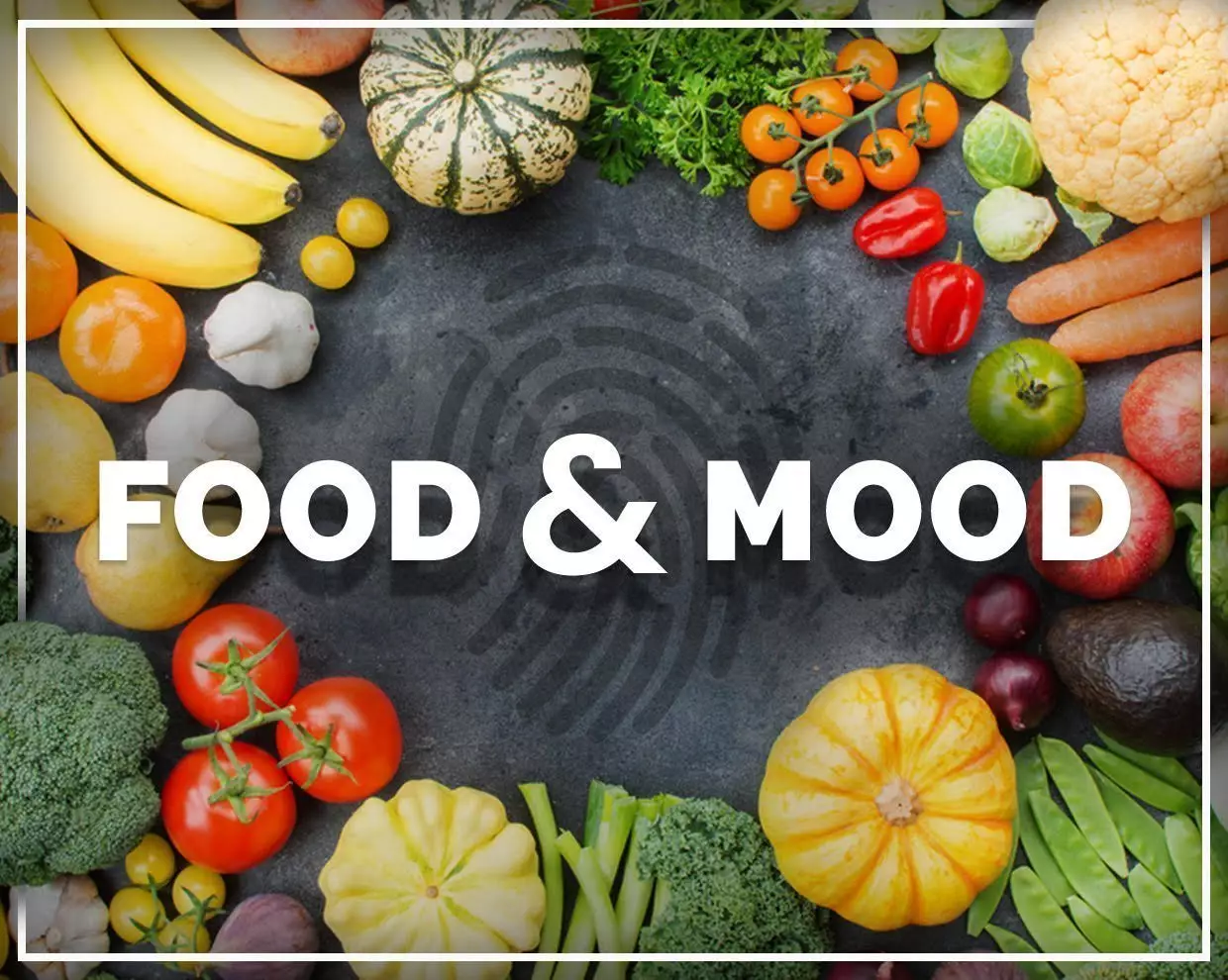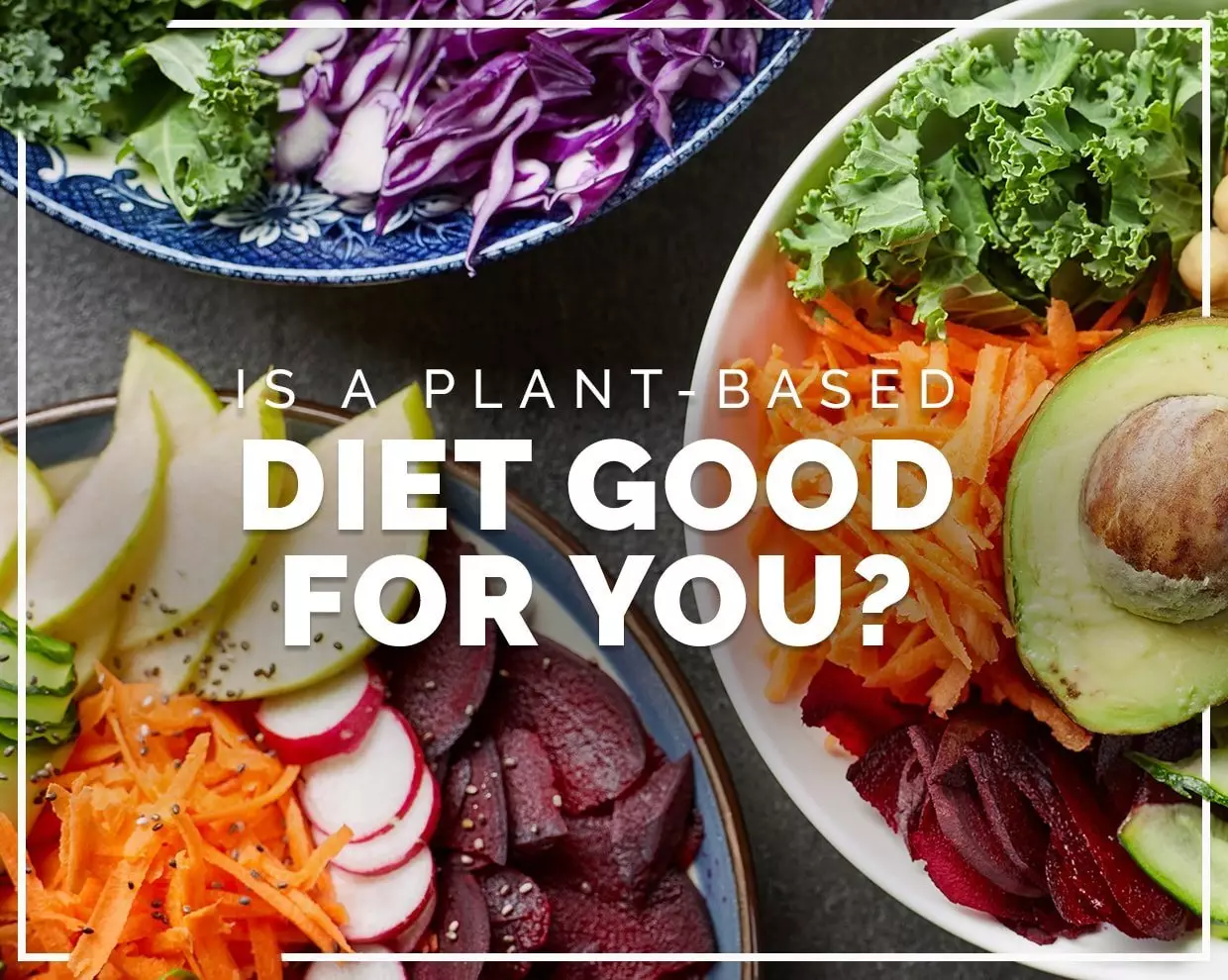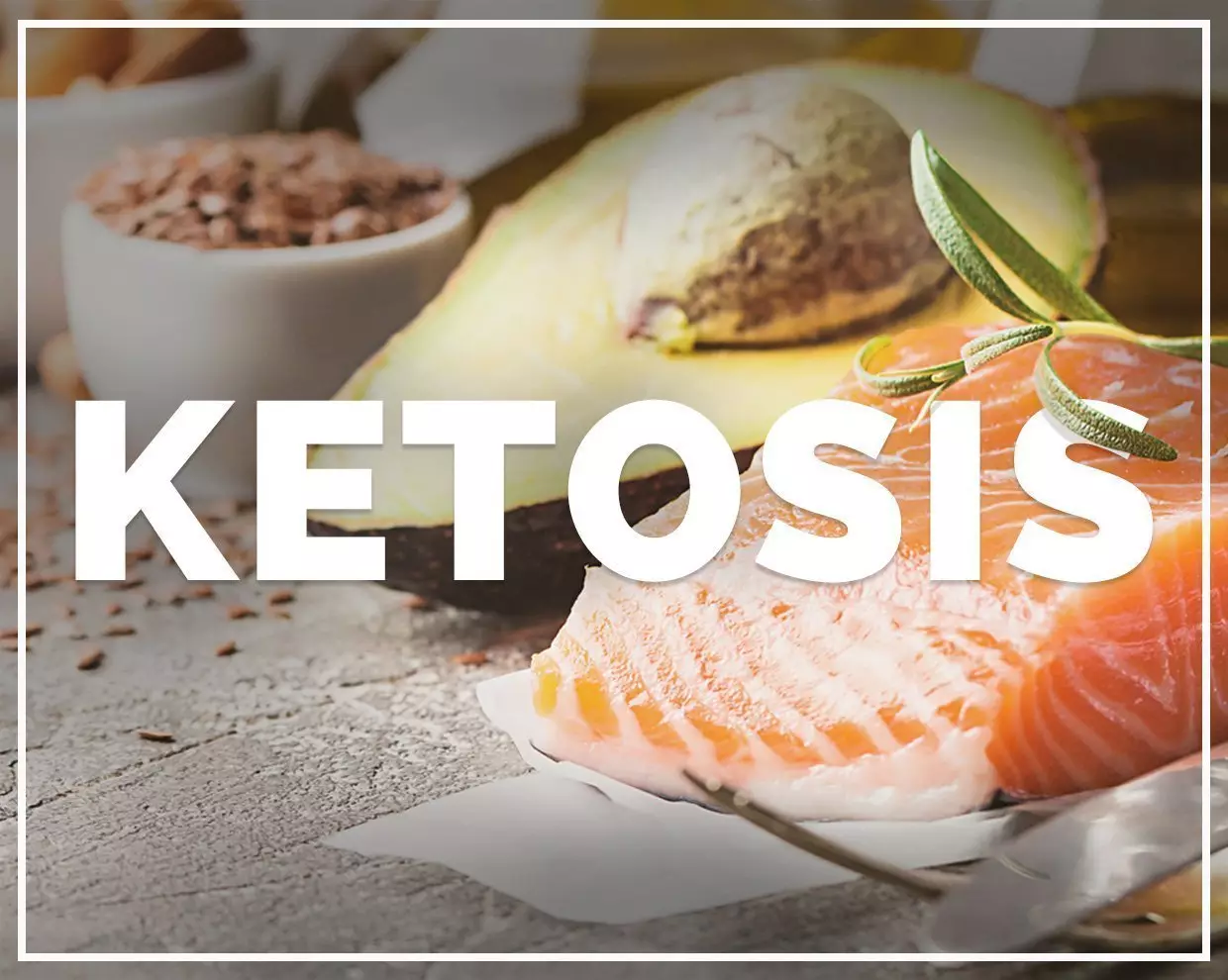In today's fast-paced society, convenience often takes precedence over quality, especially when it comes to our dietary choices. The rise of ultra-processed foods, characterised by their long shelf life and ease of preparation, has transformed the way many of us eat. However, recent findings suggest that there might be a connection between the consumption of these foods and our mental well-being, particularly in relation to depression.
Ultra-processed foods are products that have undergone several stages of processing and often contain a myriad of ingredients, including added sugars, unhealthy fats, and artificial additives. These foods are typically energy-dense and low in essential nutrients, designed for prolonged storage and palatability. [1] Examples include ready-to-eat meals, sugary drinks, and most packaged snacks.
The Potential Link to Depression
A study from the Korea National Health and Nutrition Examination Survey investigated the associations between ultra-processed food intake and depression. [2] The research encompassed over 9,000 individuals and utilised the NOVA food classification system to determine the percentage of energy derived from ultra-processed foods. The findings indicated that women in the highest quartile of ultra-processed food consumption had a notably higher likelihood of experiencing depression. While the association was more pronounced among women, the overall trend suggests a potential relationship between diet and mental health.
Why Might Ultra-Processed Foods Impact Mental Well-being?
The exact mechanisms linking ultra-processed foods to depression remain a topic of ongoing research. However, several theories have been proposed:
• Nutrient Imbalance: Ultra-processed foods often lack essential nutrients while being high in sugars, unhealthy fats, and additives. This imbalance might affect brain function and mood.
• Gut-Brain Axis: Emerging research suggests a connection between gut health and mental well-being. The additives and preservatives in ultra-processed foods might disrupt the gut microbiota, potentially influencing mood. [3]
For a deeper dive into this fascinating connection, explore more about Gut Health here, which delves into the intricate symphony between the gut, heart, and brain.
• Blood Sugar Fluctuations: The high sugar content in many ultra-processed foods may lead to rapid spikes and crashes in blood sugar levels, which some believe might impact mood. [4]
Mindful Eating for Mental Well-being
1. Awareness of Hunger and Fullness Cues: Tuning into your body's signals can be a helpful practice. By paying attention to when you're genuinely hungry and when you're satisfied, you might find a more balanced relationship with food. [5] This isn't about strict portion control but rather understanding and respecting your body's needs.
2. Taking the Time to Savour: In our rush to get through meals, we often forget to truly taste and enjoy our food. By slowing down and appreciating the flavours, textures, and aromas, you might find a deeper appreciation for the meals you consume. This can also be a moment of relaxation and reflection on a busy day.
3. Choosing Whole Foods: Incorporating more whole foods into your diet, such as fruits, vegetables, and grains, might provide a diverse range of nutrients. [6] While ultra-processed foods are convenient, whole foods offer a variety of tastes and textures that can be explored and enjoyed.
4. Limiting Distractions: Eating in front of the TV or while scrolling through your phone can divert attention from the meal itself. By creating a dedicated eating environment, free from distractions, you might find that you're more present during meals, leading to a more fulfilling dining experience.
5. Staying Hydrated: Drinking water throughout the day is essential. While it's not directly related to eating, staying hydrated might support overall well-being. It's worth noting that thirst may sometimes be mistaken for hunger, so having a glass of water before reaching for a snack might be something to consider. [7]
While the research is still in its early stages, it might be worth considering the potential implications of our dietary choices on mental health. Opting for a balanced diet, rich in whole foods and low in ultra-processed products, might be a step towards supporting overall well-being. [8] It's always advisable to consult with a healthcare professional or nutritionist when making significant changes to one's diet.
The potential link between ultra-processed foods and depression offers a fresh perspective on the broader implications of our dietary choices. As we continue to understand the intricate relationship between diet and mental health, it becomes evident that our food choices might play a more significant role in our overall well-being than previously thought.
References
1 Ultra-processed foods: what they are and how to identify them
2 Ultra-Processed Food Intakes Are Associated with Depression in the General Population: The Korea National Health and Nutrition Examination Survey
3 Ultra-Processed Food Consumption and Mental Health: A Systematic Review and Meta-Analysis of Observational Studies
4 Relationship between Ultra-Processed Food Consumption and Risk of Diabetes Mellitus: A Mini-Review
5 Learning to eat intuitively: A qualitative exploration of the experience of mid-age women
6 Health Benefits of Fruits and Vegetables
7 Hunger and Thirst: Issues in measurement and prediction of eating and drinking
8 A Multidisciplinary Perspective of Ultra-Processed Foods and Associated Food Processing Technologies: A View of the Sustainable Road Ahead

 AU Store
AU Store  UK Store
UK Store NZ Store
NZ Store EU Store
EU Store


















